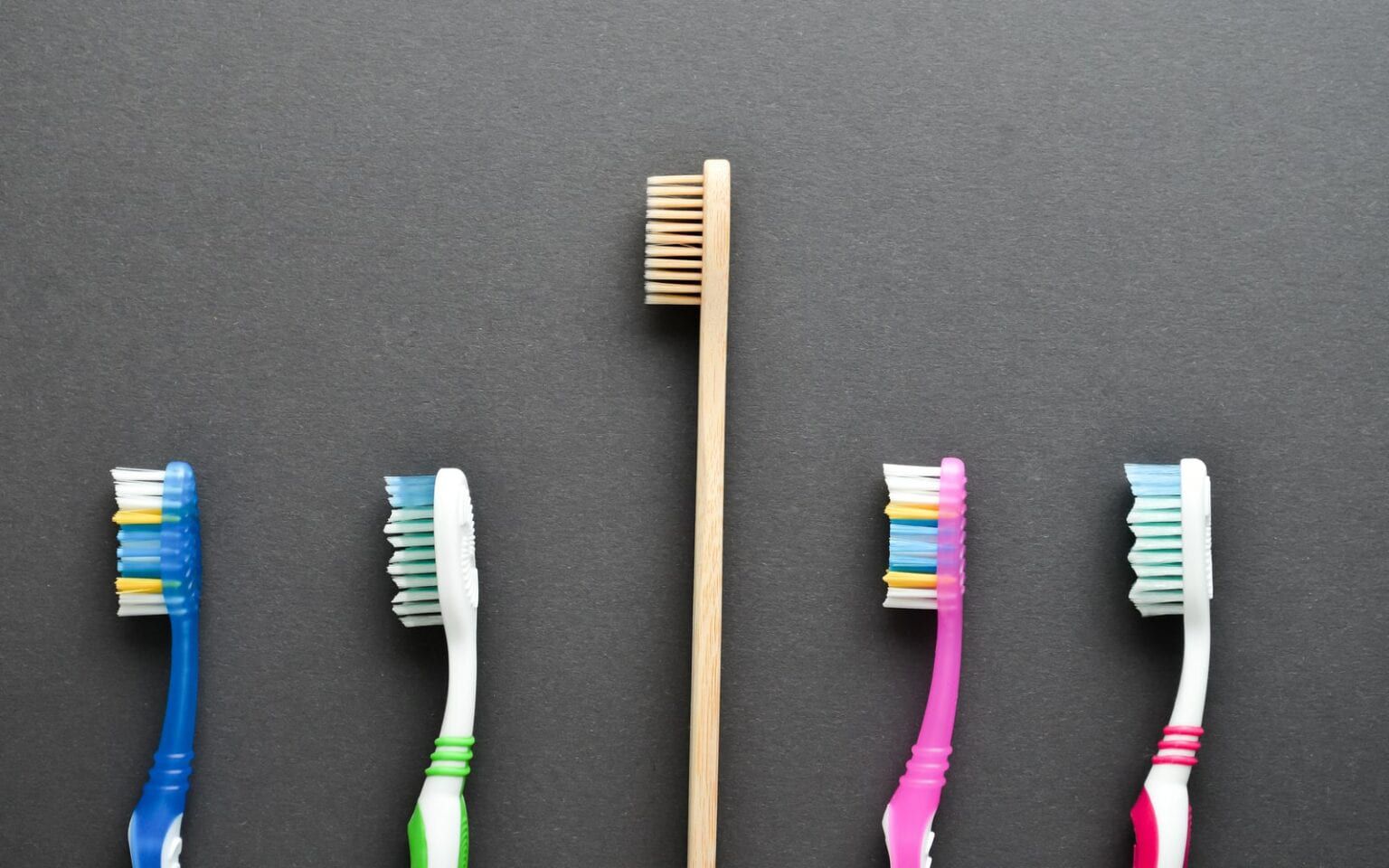Plastic is among the most prevalent materials used in modern dental hygiene practices and at-home health routines alike. Its ability to be easily sterilized, durability, and resistance to water and microbes combine with its inexpensive production to make it the seemingly perfect material for the job. However, it also takes a significant amount of time to break down, taking multiple generations both in and out of a landfill to degrade down to particles. These particles don’t just disappear; they find their way into oceans and waterways and the wildlife that lives there. Over 50 million tons of petroplastic waste are created each year as a result of dental hygiene.
Addressing The Environmental Impact Of Oral Health On The Environment
There’s a rising number of people who are aware of the effect our habits have on the environment. This growing awareness has led to them seeking ways to reduce the impact we have on the Earth. Part of accomplishing this goal requires understanding the impact we make and taking steps to address it. Some of those steps don’t involve changing the materials we use but the habits we have surrounding them. For example:
- Reduce Water Usage – Reducing our water use during oral hygiene is an important part of limiting our impact. Natural ecosystems fare better when our demand on the water supply is reduced, while wastewater processing centers handle reduced demand better. Turning off your tap will reduce water use by as much as four gallons per brush.
- Eco-friendly Products – We can’t ignore the benefit of changing the types of materials we use in our health care. This can include tablet mouthwash, mulberry silk floss, and toothbrushes made from sustainable materials like bamboo.
- Practice Better Habits – Reducing your water use is a great beginning, but also be responsible for the disposal of your materials. Ensure your plastic bottles and toothbrushes find their way into the recycling bin to limit the amount that finds its way into landfills.
Another small tip. When brushing your teeth, don’t rinse your teeth until after you floss. Not only does this step reduce water usage, but it also lets the space between your teeth get the benefit of the toothpaste you use. This helps eliminate debris and gets the fluoride in the toothpaste into spaces that don’t typically benefit from it.
Plastic waste and the ongoing production of new plastic products are significant sources of environmental problems such as greenhouse gases. The plastic waste that wanders its way into the ocean is massive, amounting to millions of tons each year. So expansive is this field of waste that there are ‘islands’ of plastic waste that stretch on for miles and regularly cause the death of various forms of ocean life.
Keep Learning And Taking Steps To Protect Our World And Your Teeth
Curiosity and being proactive are the best tools you have in defending the health of our planet while taking care of your health. Research the topic online to learn more about the impact these materials have and speak to your dentist about products that are both effective and safe for the environment.
